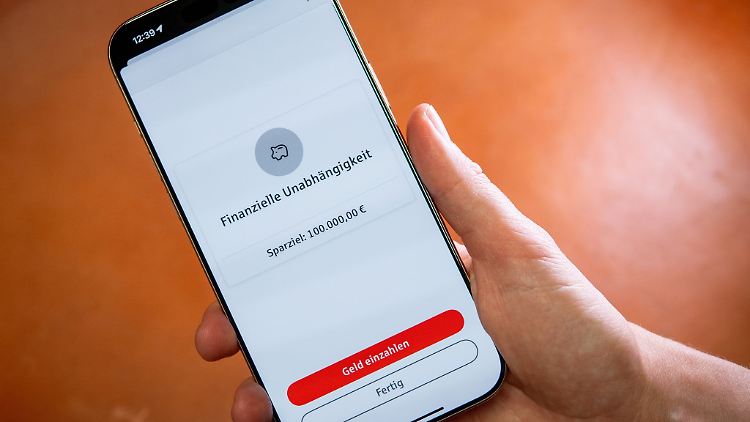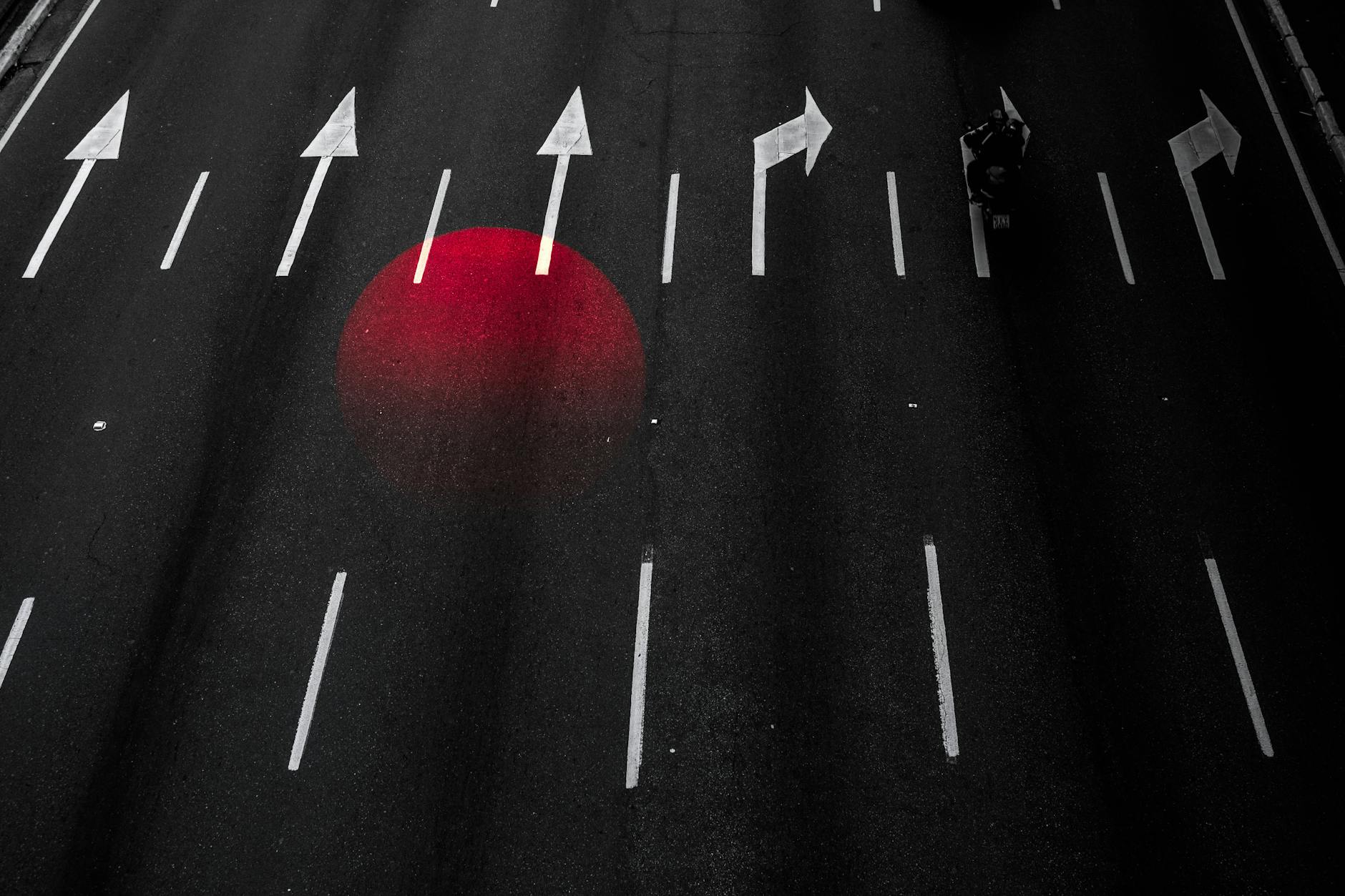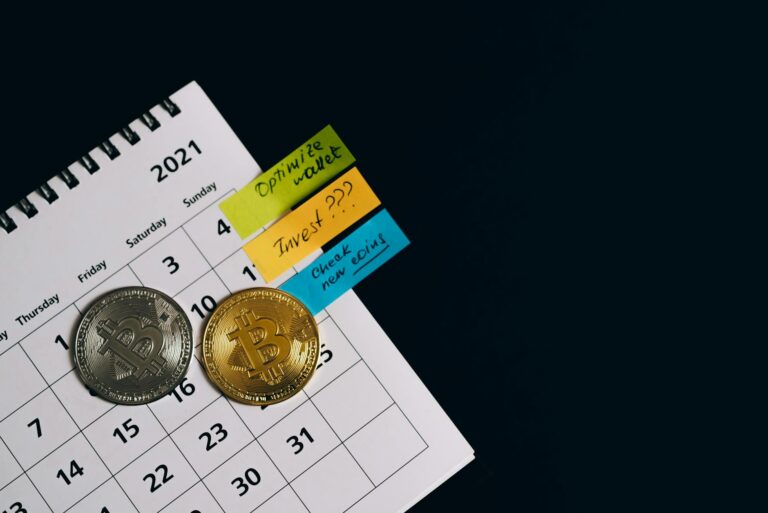Abstract
The modern obsession with hitting 100,000 Euro in savings as a gateway to financial freedom is fundamentally flawed. While financial advisors celebrate this milestone as the beginning of wealth accumulation, the ancient Greek philosopher Diogenes, famous for living in a barrel and rejecting material possessions, would call this entire approach a sophisticated form of self-imprisonment. This post explores why our current understanding of financial independence is missing the point entirely, and how Diogenes’ radical approach to freedom might be more relevant today than ever.
The 100,000 Euro Mirage
Financial advisors are celebrating it as the “magic milestone.” Investment forums treat it like achieving enlightenment. According to a recent n-tv analysis, hitting 100,000 Euro in savings is considered crucial because “the first 100,000 Euro are the biggest hurdle” and “from this point, the compound interest effect becomes noticeable.”
Let’s break this down. You’ve sacrificed, saved, and invested, finally crossing that six-figure threshold. The reward? You can now generate approximately 5,000-7,000 Euro annually in returns, before taxes. After Germany’s generous tax system takes its cut, you’re left with maybe 3,600-5,040 Euro per year. That’s 300-420 Euro monthly.
In Germany, that barely covers your health insurance contribution, let alone rent in any city where you might actually want to live. Your “freedom fund” has essentially bought you the privilege of being poor without having to work for it.

The Diogenes Difference
Enter Diogenes of Sinope, the original financial freedom blogger who lived 2,300 years ago. While we’re celebrating our 100k Euro milestones, Diogenes achieved something far more radical: actual freedom. He chose to live like what we’d call homeless, not because he couldn’t afford better, but because he understood something we’ve forgotten.
When Alexander the Great offered him anything he wanted, Diogenes famously replied: “Stand out of my sunlight.” That wasn’t poverty, that was power. He had achieved a level of freedom where the most powerful man on Earth had nothing to offer him.
The popular sentiment among many international residents discussing financial philosophy is that Diogenes represents a profound critique of our materialistic culture. His approach wasn’t about deprivation, it was about liberation from the very things that keep us trapped: the maintenance of possessions, the pursuit of status, and the anxiety of accumulation.
The Compound Interest Trap
Modern financial freedom, particularly the FIRE (Financial Independence, Retire Early) movement, is built on compound interest. Save now, invest wisely, and eventually your money works harder than you do. It sounds beautiful on paper. But there’s a catch: it requires decades of your life spent doing work you may or may not care about, all for a future payoff that might never materialize as planned.
The FIRE movement promotes ETFs as “the foundation” for building wealth, cheap, diversified, and powerful. But this approach assumes you need to accumulate massive wealth to be free. Diogenes would argue you’ve missed the point entirely: you’re building a more expensive cage.
The German Paradox: Wealth Without Freedom
Germany presents a particularly interesting case study. While the country debates shrinking prosperity and struggles with economic challenges, many Germans have achieved material comfort without the corresponding freedom. The German system, with its strong social safety nets and bureaucratic efficiency (mostly efficiently producing more forms to fill), creates a comfortable dependency.
As one analysis from Die Presse points out, the materialism that “equates a good life with a comfortable life in prosperity” is actually “poison.” It fuels envy, hinders reforms, and “covers up the view of the things that really make a life good: freedom, relationships, love, personal responsibility.”

What Diogenes Actually Knew
Diogenes wasn’t advocating for poverty, he was demonstrating that freedom isn’t about having enough money to not worry about money. Freedom is about not caring about money in the first place. His barrel wasn’t a prison, it was a mobile home with zero property taxes.
The irony is that many people pursuing financial freedom are actually pursuing something Diogenes rejected entirely: the ability to buy their way out of problems rather than developing the wisdom to avoid them. They want enough money to pay for convenience, healthcare, and security, things Diogenes solved through radical simplicity.
A Different Kind of Wealth
What if true financial freedom isn’t about accumulating 100k, 500k, or a million Euro? What if it’s about needing so little that you’re already free?
Many international residents find themselves caught in this paradox. They move to Germany for economic opportunity, only to discover that the more they earn, the more they spend, and the more trapped they become in a system that values productivity over presence.
The German concept of “Wohlstand” (prosperity/wealth) goes beyond mere financial metrics, it encompasses quality of life, security, and social cohesion. But perhaps the ultimate Wohlstand is what Diogenes demonstrated: the freedom to say “no” to everything that doesn’t serve your authentic self.
The Middle Path: Neither Poverty Nor Prosperity
The answer isn’t necessarily to sell everything and move into a barrel (though some might argue it’s worth considering). Instead, Diogenes challenges us to question our assumptions about what freedom means.
Perhaps true financial freedom lies somewhere between the two extremes: having enough resources to avoid unnecessary suffering while remaining free enough that those resources don’t become your master. It’s about building systems that serve you rather than becoming a servant to your systems.
In the German context, this might mean rejecting the pressure to constantly upgrade your apartment, own the latest German engineering marvel, or achieve the career progression everyone expects. It might mean choosing part-time work over full-time consumption, or prioritizing time with friends over overtime hours.
The Ultimate Currency
Diogenes understood something we’re still learning: time is the only currency that matters. Every hour you spend working for something you don’t need is an hour of your life you’ve traded for something that ultimately won’t matter.
Your 100,000 Euro freedom fund isn’t a joke because it’s insufficient, it’s a joke because it’s trying to solve a problem that shouldn’t exist in the first place. The problem isn’t that you need more money, it’s that you’ve been convinced you need money to be free.
The next time someone tells you about their brilliant financial independence plan, ask yourself: Diogenes in his barrel had more freedom than most millionaires. The question isn’t how much you need to accumulate, it’s how much you’re willing to let go of to actually be free.



